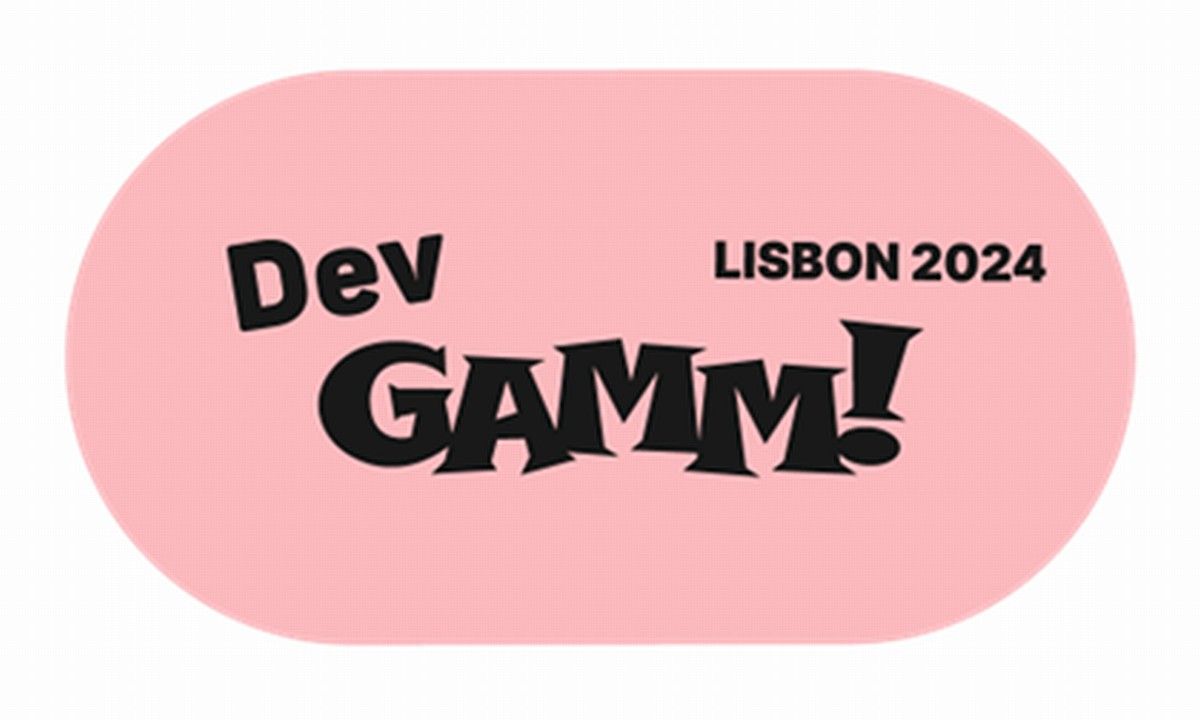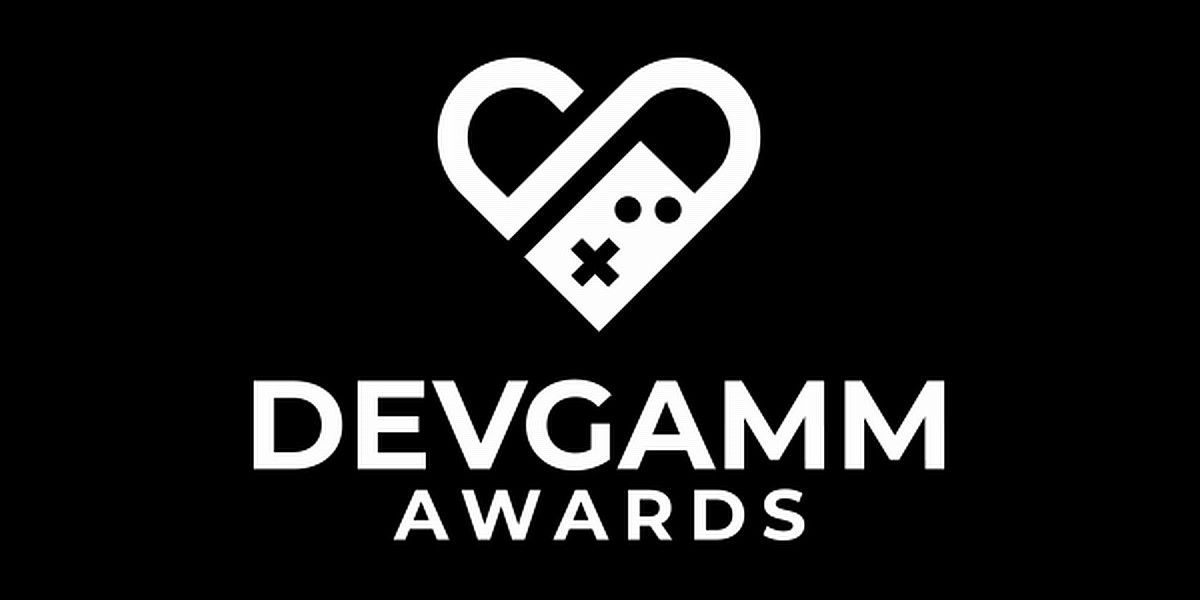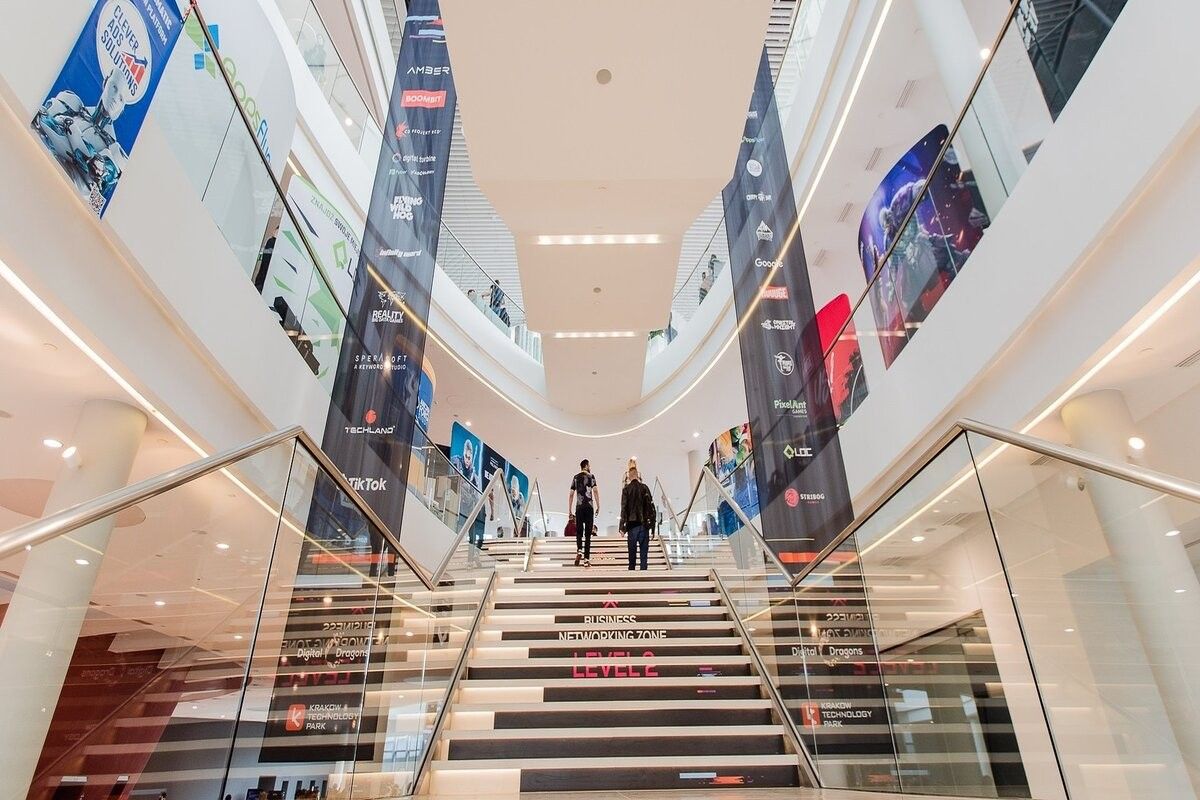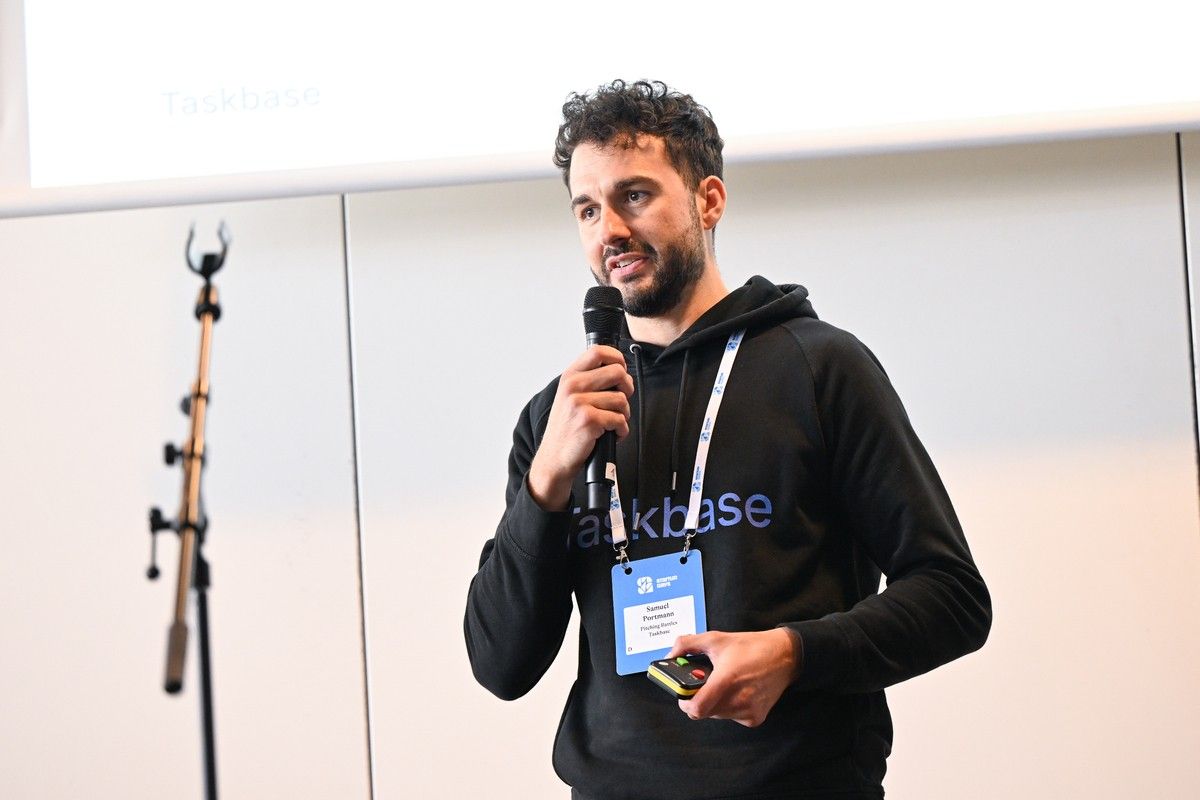The event has existed for about a decade, and regularly brings people from all three Baltic States in contact with international professionals. Some of the event's sponsors include Google and PayPal, and many more, smaller, international companies that came to Latvia for three days of this event. I have unfortunately only attended the conference remotely, but I heavily suggest you stick until the end to hear some tips on how to prepare for remote conference visits.
The conference welcomed around 2300 visitors, 310 startups and 210 investors, who met up and networked in the biggest city in the region. Speakers of TechChill 2024 included panels from Google, Bolt, University of Cambridge, and so much more.
Startups that showed up to the event varied from Swag42, a merch manufacturer up to mowa.ai, an AI based data collection platform. AI, after all, was one of the four main topics of the conference. Other three included cybersecurity, ecotech, and defense technology. The conference was abundant in speakers with exquisite knowhow of all these four topics.
Jevgeni Kabanov, founder of Bolt, gave a talk about realistic implementation of AI in the workplace. With the surge of this new technology, a myriad of myths about AI started circulating the industry, but conferences like TechChill are a good place where people interested in implementation of this technology can learn about what it actually does, and how it really changes the work environment.
Another interesting panel was Co-Hosted by Tomass Pildegovics, speaker from University of Cambridge, PhD, Kadri Tammai from NATO, Nicholas Nelson from MD_One Ventures and
Jack Wang from Project-A investment group. The panel was held in the form of a debate and covered topics of how investment informs modern day defense initiatives. In the context of an ongoing conflict in Ukraine, the Baltic States find themselves in a complicated situation, and the discussion of potential defense contracts is extremely relevant to all three of them.
Google, one of TechChill’s sponsors, also held a panel dedicated to closing $2B in B2B sales. At that panel, Zoltan Vardy from The Launch Code, and Julia Jegorova from Black Unicorn PR talked about their experience handling massive sales deals, as well as suggesting tips and tricks for them.
Along with speaker panels, TechChill also hosted open mics, which allowed many industry professionals to come and share their insights on given topics such as what potential future unicorns are there, or what is the best way to break into tech.
The conference concluded with a battle of fifty founders, where founders of fifty companies pitched ideas for their startup, and the best idea received an award. The large scope of this conference is proof of significance of the Baltic States on the global IT market, and next year looks to be even bigger than this one.
Now that you know more about the conference, let me tell you more about my experience visiting it while in another country.
Firstly, you should prepare yourself for the fact that it may be noisy in the background. Maybe ask people at the event to find a less noisy spot, but that will not always work out. In that scenario, you should prepare and not wear headphones, so that the noise from the event will not fly directly into you, but still have the headphones around just in case they will be needed.
You should also not expect that a person will take too much time away from the event. After all, they will be pulled in different directions, and there is a lot of socializing going in the moment. In order to mitigate that, make a list of short bullet points by which a conversation should go, and don’t expect meetings like this to last longer than 15 minutes. Also, make sure to exchange contacts with the person, as following up in such cases will be substantially more crucial.
Most importantly, remember that first impressions matter most in these calls, because whenever a person visiting a conference will have to choose between meeting with you and meeting with someone physically at the space, they will choose the latter. So you have to either be very generous with rescheduling, or get to the meeting platform of the event as soon as you can to make sure you are one of the first people they see. Your introduction will need to be more thoroughly thought through, and you should just remember that there will be significantly less room for a mistake, but as long as you make sure to outline your value proposition directly, you should be ok.
You should obviously try to go to conferences in person as much as possible. But in the unlikely scenario you cannot make it, whether it is because you did not get a good visa, or just fell sick last minute, you should remember that it’s not the end of the world, and you can still do networking, albeit in a limited capacity.
In case when your plans to attend a conference suddenly change shortly before the event, I will explain how to effectively engage with it remotely. Details will be covered in upcoming articles.
If you have any additional questions or need help with B2B Lead Generation & Sales, you can contact me directly on LinkedIn here or book a call here.
Alex Bilyi, Virtuwise.io








